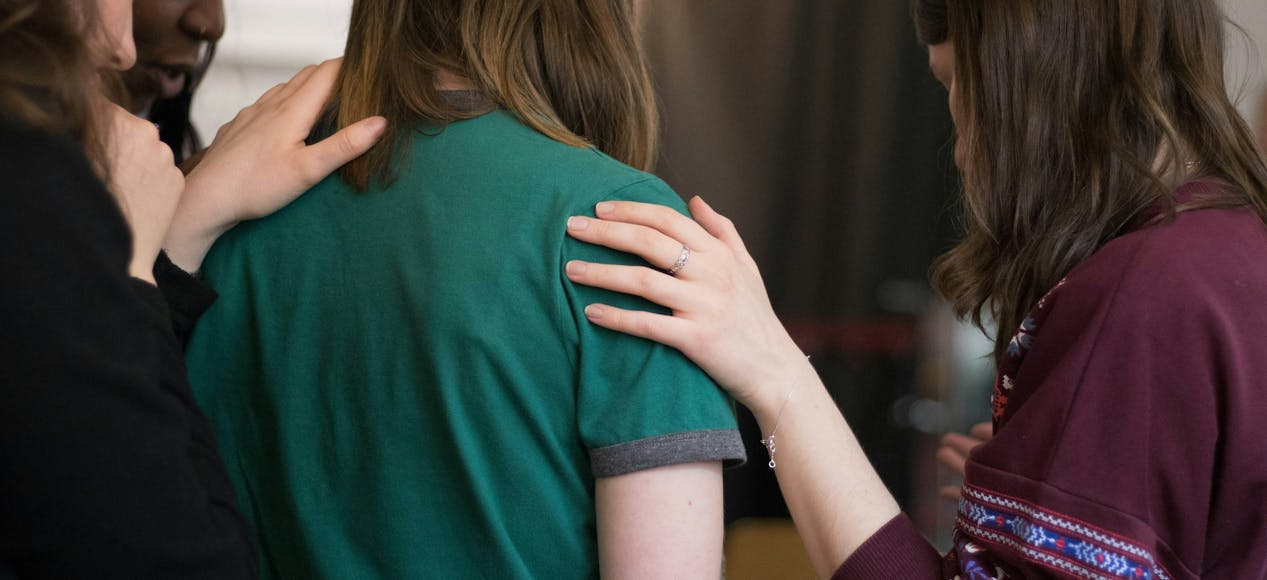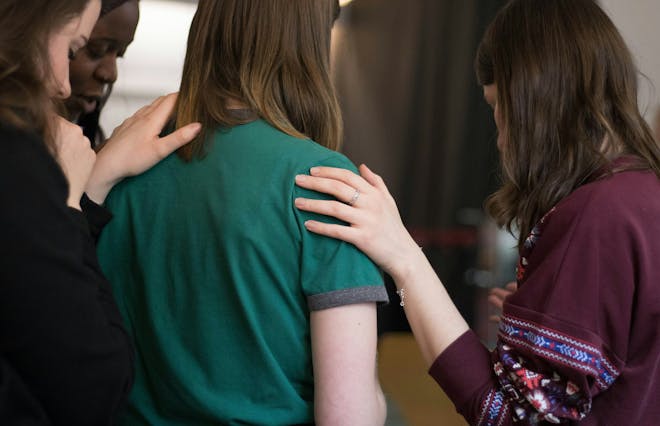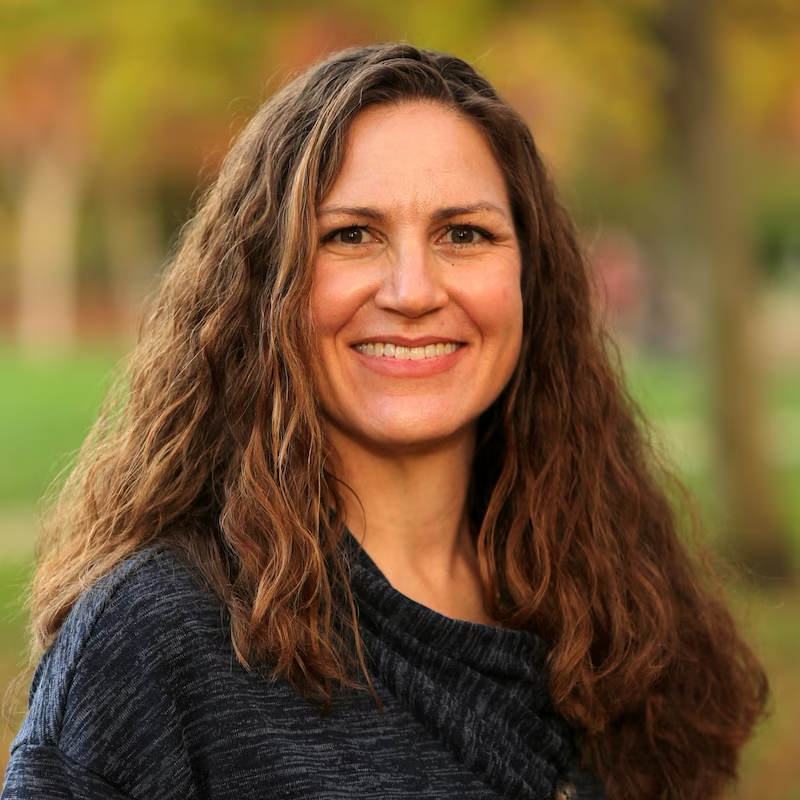People Who Get It


Have you ever been in a situation where you just got tired of explaining because people just didn’t get it? Contrast that with a time when you felt heard and validated.
I recently had a baby, which was completely unexpected for me, and I felt utterly unprepared. Since then, I have learned that this little one is a perfectly-timed miracle. Even though I see this now, I’ve been pretty quiet about my story, despite having published it in a solo-episode for my podcast. You can listen to that version here.
This new little one is so incredible and such a blessing for me, his daddy, our relationship, his siblings, his community. I want to share him with the world because he brings so much love and goodness to everyone, even to complete strangers.
At the same time, it feels like I’m cheating myself and the experience because this is only one side of the story. The other side includes a lot of grief, tenderness, pain. And because these reactions are so unexpected and often unrecognized when someone has a newborn, this portion of the experience often gets left unspoken, unacknowledged, left without validation.
When I do try to share this harder perspective, it is usually brushed off or smoothed over with well wishes, congratulations, and conciliatory remarks. Responses like these create a space that feels unsafe to share more. Sometimes I push through that discomfort and share anyway so others can better understand my grief, and grief in general. More frequently though, I don’t.
As a result, it feels like the joys, the love, the blessings lose some of their significance. It’s like sharing only the view from the mountain top, although spectacular, it lacks an appreciation for the climb necessary to get there. Sure the view is awe-inspiring. And when it’s combined with a more vivid description of the work, grief, and effort along the way, the experience becomes breathtaking and indescribable.
Recently I was in a coaches support group with Coaching at End of Life, the training program I pursued to become a grief coach. We were talking about where we see grief coming from in our clients and in ourselves. I shared that some of my deepest grief has come from my experience of learning about and mothering this new little baby.
This was a room full of Grief and End of Life Coaches. These people know grief. They understand what it’s like to sit with someone in that space. And for one of the first times ever I felt that the depths of my grief were understood and witnessed. The toil and sacrifice of my climb could finally be appreciated along with the majesty of motherhood. And it felt AMAZING.
So if you find yourself in a position to learn of another’s life altering events, consider asking what it’s like for them before offering congratulations or condolences. Their answer may surprise you. And if you’re willing to walk with them a bit in their journey, the experience may be a whole lot richer because of it- for you and for them.
About Jenny
Jenny Dilts stands as a lighthouse to support people through the complexities of Grief by creating a safe space where they can feel calm amidst the storm.


